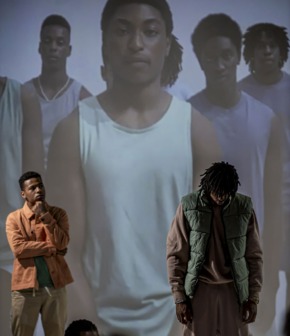Who cares about opera?

There are two ways in which opera can change—how it is created and who is involved in the creation.
The first kind of change is familiar. Opera loves innovation as much as it loves tradition, and it has always adapted to new technologies. Gluck and Wagner were revolutionaries once: now they are pillars of convention. With new digital tools, from social media to Virtual Reality, the question is not if, but how. The three exploratory operas presented here were all co-created using innovative digital technology in different ways, but always for the purpose of creating and performing opera together.
“Old musical revolutionaries never die, they just get assimilated into mainstream institutions”
The second change is more profound and more difficult. It involves opening opera to everyone—or at least anyone who might be interested in taking part. In recent decades, opera companies have done a lot to make seeing opera easier; reduced prices, familiar language and other access measures have helped bring in new audiences.
Now it is time to bring in new creators.
Through co-creation—the collaboration of professional and non-professional artists—opera discovers new ideas, new stories, new performers and ultimately new advocates. By throwing open the doors of the rehearsal studio and the workshop, as well as those of the auditorium, opera houses can transform their offer to the public, and with it their relationship with society.
And the best of it is that co-creation can be as artistically exciting and socially transformative as opera ever hoped to be. Its productions are different from those created exclusively by professionals but they aspire to equally high standards of excellence.
There is nothing unworthy about co-creation, nothing dull—unless you’re doing it badly.
Opera has always had a revolutionary spirit. Co-creation can help that thrive today, while new technologies can foster innovation and inclusion.